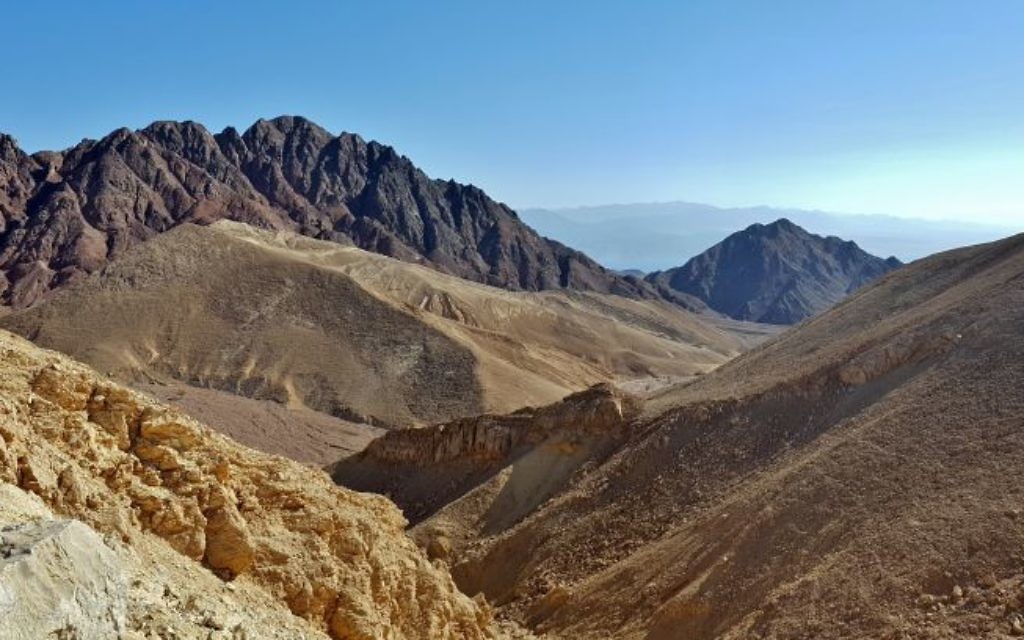A Bit of the Unknown Can Be a Good Thing
Knowing too much about the future can take away our freedom of choice.
Not knowing can be hard.
Recently my sister-in-law went into the hospital late in her pregnancy but not quite at full term. While we waited for news, I felt the discomfort that comes from uncertainty.
On the whole, humans like to know. One of my dearest friends, a therapist, often reminds me that when we know, we can prepare to navigate the reality, good or bad.
Get The AJT Newsletter by email and never miss our top stories Free Sign Up
We have discussed this generally at length over the years and personally when I’ve reached a crossroads and the path forward is unclear. Often I experience the not knowing as stressful. Recently, I did not sleep so well while I waited to find out whether the offer we put in on a house was accepted.
This is an age-old problem. Consider what happened at Sinai. According to the Bible, in the weeks after the Exodus, the Israelites were craving certainty. The oppression of their old lives had been horrid, but at least there had been structure and predictability.
Not so life in the desert. Sources of food and water were not obvious, and the destination was the vague Promised Land. But at least they had Moses and the assurance that when they got to Sinai, they would get to meet G-d and receive the revelation.
When they got to Sinai and Moses disappeared up the mountain, the not knowing got unbearable. In an attempt to quiet the uncertainty, they built a golden calf and fruitlessly sought answers there.
When, in the end, the Israelites got their wish — the revelation and knowing they sought — it turned out to be a bit much. They did not get the entire Torah all at once; they got only the 10 key pieces. The direct encounter with the Divine Knower of All was so simply too much to take in.
The day my sister-in-law went into the hospital, I was thinking about this and about the rabbinic teaching that while G-d knows all, people have free will. Having both is impossible.
Not knowing is hard, but so is knowing. Moses got closer to knowing than anyone. On top of Sinai, he received the entire Torah, written and oral, directly from G-d. From the cleft in the rock, he saw as much as anyone has ever seen of the Divine.
But in the end, he did not go into the Promised Land. I cannot help but think that in part he could not go because he knew too much.
Not knowing can make us anxious, but knowing takes away our freedom to make choices and our ability to hope. Sitting in synagogue the day my sister-in-law went to the hospital, worried though I was, there was nothing to stop me from imagining the best possible outcomes. I was free to be hopeful and optimistic. I was able to pray for her health and for the safety of the baby.
Not knowing enables us to envision good outcomes. According to our tradition, we have the obligation and opportunity to push toward the best possible outcome. Our actions may not always get us there, but we cannot know that unless we try.
I suspect that Moses’ knowing stood in the way of his trying. After all, if you know what will happen, what is the point of trying at all?
Things do not always turn out the way we wish or optimally envision them. The end can bring disappointment and even devastation. In some cases, there was nothing we could have done to change the outcome, but sometimes our only comfort comes from knowing we have tried.
And sometimes it works out for the best.
We move into our new house next month, and before then my newest niece should be home with her now very healthy mother.





comments